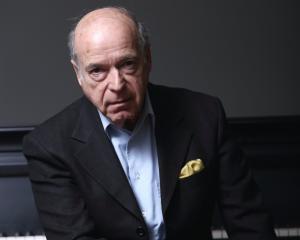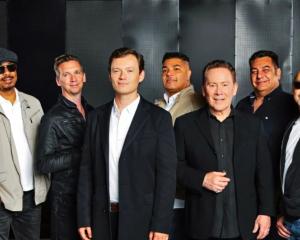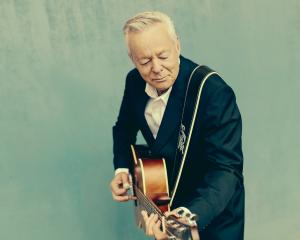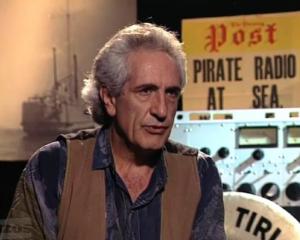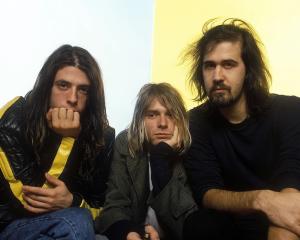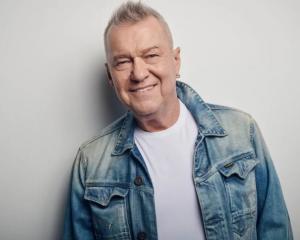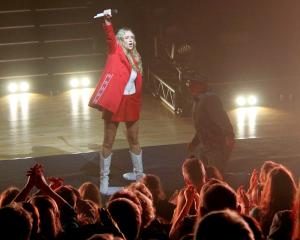Womad is back at New Plymouth this weekend with a line-up strong on the big names of Afro-music. Scott Kara, of The New Zealand Herald, talked to Baaba Maal as he headed to Taranaki.
And this weekend he is back at Womad in New Plymouth as the headline act after his last appearance here in 1999.
But although Maal is a music man - he's also released numerous albums, shared stages with U2, and recorded with everyone from Blur and Gorillaz frontman Damon Albarn to mega-producer Brian Eno - on the phone from Senegal's capital Dakar, he's keen to talk about his work in nearby Mauritania.
"We are facing a famine that is coming because it didn't rain from the last dry season to this latest one," he says.
"If nothing is done, in one or two months it will be very bad for very vulnerable families, not just in Mauritania but all of the people in the region. And people don't seem to know that it's coming."
Maal was in the troubled country - which has been plagued by military coups and unrest - with Oxfam on a mission to stop the famine situation escalating.
"Sometimes people are a little bit frightened of the position of the Government, or organisations like Oxfam who come from outside of their country. A musician like me relates to the people who are affected because when they see someone who comes from their cultural environment, it will help make them think that this is a good plan to help."
He does a lot of advocacy and education work about everything from water shortages to youth issues in that part of the world - a vast area taking in countries such as Togo, Burkina Faso, Guinea and Mali.
One of the main ways he does this is through his annual music festival, Blues on the River, which is held every December in his home town of Podor on the Senegal River.
"It is a good platform for [people from the surrounding countries] to come together and come up with plans for getting clean water to everyone. Because normally they have meetings that are kind of intellectual, but to have a platform like a music festival to do their business is far better. And it is very good for my festival too," he says, laughing.
Being invited to Mauritania, and the regard that his festival is held in, says a lot about Maal's superstar status in Africa.
Though he was meant to follow in his father's footsteps and be a fisherman he chose to focus on music under the influence of Mansour Seck, a griot (storyteller) who is a long-time friend, musical companion and teacher of Maal's.
"He's one of my best friends in the world. And he is a good friend of my family. He comes from a family of musicians and griots who tell the stories and histories of our community."
Among other things these griots keep harmony in the community by educating people about where they come from and the values they need to uphold.
Maal laughs when asked if he qualifies as a griot: "Maybe a modern-day one. Because in the end people will always ask what they can learn from your music.
That is the role of the griot. I think the musician's role is to give advice and we use melodies and harmonies to make songs enter your mind." After studying in Dakar and Paris, Maal rose to prominence in the '80s and released spare and hypnotic albums such as Djam Leeli, with Seck.
"The first ones were completely uplifting, and something simple that came from all the work I did with Mansour Seck in the past. And then I started to experiment," he says of his albums from the '90s onwards.
During this time of fusion and experimentation he also worked with producers such as Eno and John Leckie (who did the Stone Roses' first album and Radiohead's The Bends).
And on his latest album, Television (released in 2009), he worked with Sabina Sciubba and Didi Gutman of New York electro-dance crew Brazilian Girls, among other musicians, in what was a bold coming together of modern electronic beats and his more traditional form of Senegalese pop.
"I didn't want to make an African album but a Baaba Maal album with me sitting in a room with musicians that I like that come from different environments from me. We wrote songs together and talked about what's happening in the world."
This gathering of musicians spawned songs such as the title track, about the importance of television in Africa these days.
Because while it's taken for granted in New Zealand, in many African countries it is a relatively new method of communication.
"So I think television can be really positive for Africa. It can give information to people, educate people, but also it's entertainment." He will be playing some songs off Television at his two Womad appearances this weekend - and he also does a chat session today - but his sets span his entire catalogue.
"I love to travel all the way through my career and pick up songs I enjoy performing on stage. But the songs are always changing because the band are very talented and they keep adding things into them."

